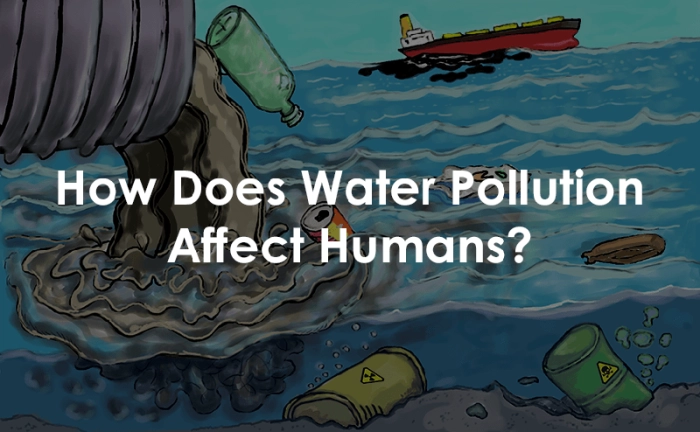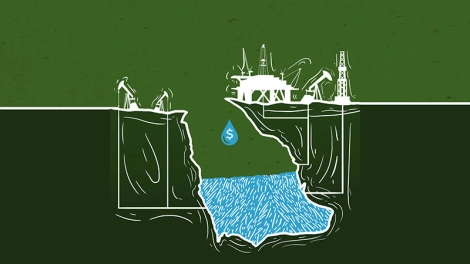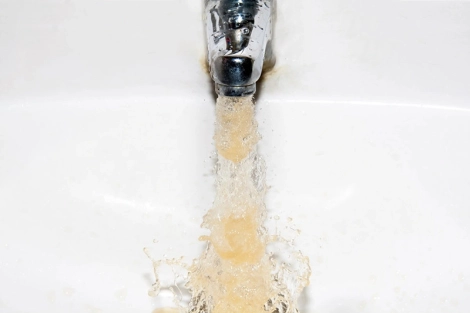The 12 diseases caused by water pollution
What diseases are caused by water pollution? What would life be like without water? How would we survive? And what would we do? Here, Karofi does not mean that water will actually disappear from the Earth's surface, but we wonder what we would do when we see it right in front of us, but we cannot access it because it has been contaminated and is unusable.
What are the causes of this pollution? And what are the consequences for the health of living beings, primarily humans? All of these and more, we will explore through this article...
The importance of water
Water accounts for about 60-70% of body weight. Water has the ability to provide minerals, transport essential nutrients and oxygen to cells, and nourish cells in all bodily functions. Clean water contains beneficial minerals for health. The following are the effects of water on human health:
Water regulates body temperature
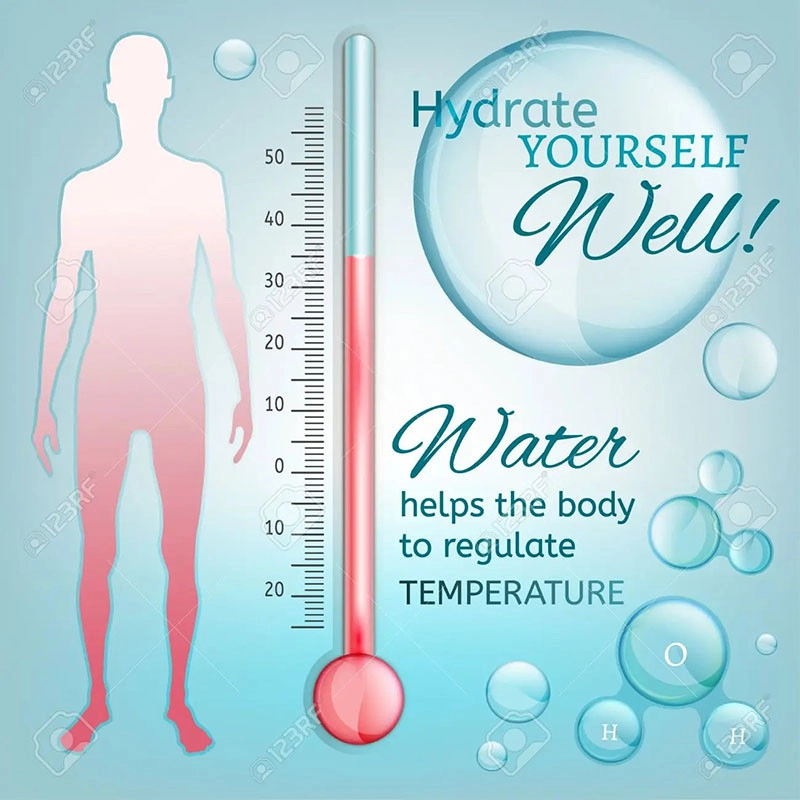
The body's temperature balance is 37 degrees Celsius. When the environmental temperature changes suddenly, the body's adaptation relies on the mechanism of thermoregulation, in which water plays a crucial role.
Specifically, the body will sweat when the temperature rises, keeping the skin moist to prevent overheating and drying or burning the skin. When the temperature drops, blood vessels constrict, and the body reacts by shivering to increase internal heat to keep the body warm. Organs will limit their activity and conserve energy to maintain warmth.
Water helps detoxify the body
When water enters the body, it exists in molecular form, easily permeating the double lipid membrane and reaching each cell to perform its detoxification function. Water will remove harmful waste substances from the cells and provide necessary oxygen and minerals.
Lubricates bone joints

Water constitutes 31% of bone structure, and it also serves as a lubricant for smooth and seamless joint movement, avoiding damage to the bones.
Water helps convert food into energy
When food is consumed, it undergoes a series of chemical reactions in various organs to provide energy for bodily functions. First, in the stomach, food is digested by enzymes and digestive fluids. Nutrients or toxins are processed by the intestines, liver, and kidneys, and then transformed into energy to support a healthy functioning body. Throughout this process, water plays a crucial role as the transporter and solvent of chemical reactions, making its role vital for the body.
Water aids in cleansing the lungs
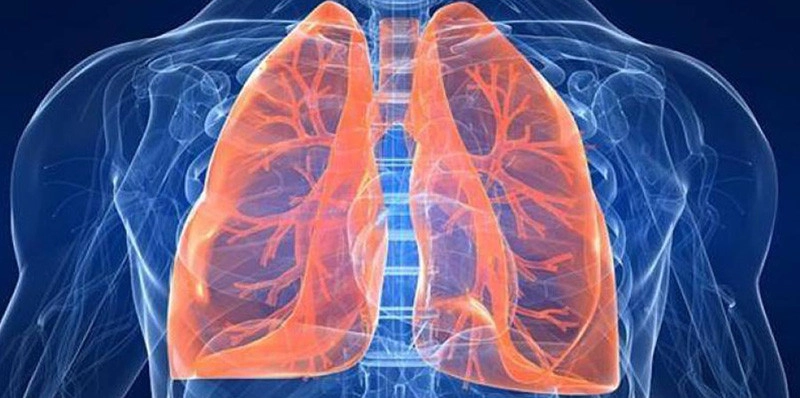
Lungs provide oxygen to the bloodstream for nourishing the body and expel CO2. They also come into contact with air from the external environment, which may contain dust, viruses, bacteria, not to mention the harmful effects of smoking that can damage the lungs. Water, in this case, acts as a cleansing agent for maintaining healthy lungs, helping to purify and keep them functioning properly.
Water constitutes the brain
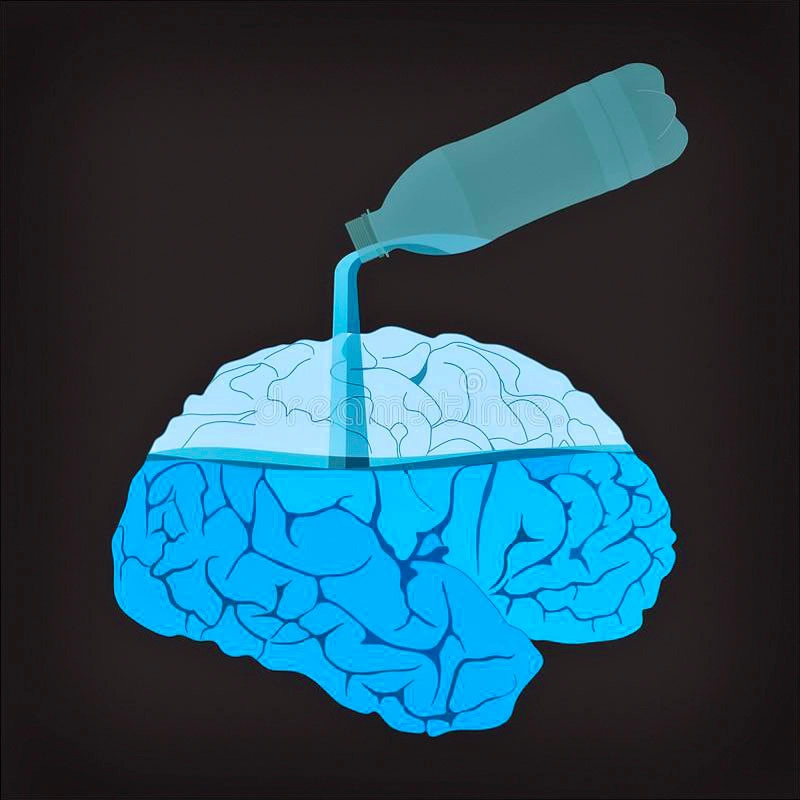
The brain is the organ with the high water content, comprising 80% water. When the body lacks water, the brain will draw water from other organs to sustain itself, signaling that the body is thirsty. Severe dehydration can even lead to fainting if the body is not provided with enough water in time.
Transporting oxygen and nutrients to cells
Another role of water in the body is to transport oxygen and nutrients to nourish the cells. When water enters the body, it is broken down into smaller molecules in the stomach for easier absorption. The small intestine performs the function of absorbing water and nutrients to nourish the body. Water plays a vital role in dissolving and transporting nutrients, including oxygen, to feed the cells.
Water accounts for 83% of blood
Blood circulates through the body, carrying nutrients and oxygen to nourish the body and removing waste substances. This closed circulatory system is only affected when we have accidents or when the body lacks water. The main component of red blood cells, which make up the blood, is water. Therefore, it can be said that providing an adequate water supply will enhance the efficiency of blood circulation.
Causes of water pollution in Saudi Arabia
The causes of water pollution in Saudi Arabia include the following:
Wastewater contamination
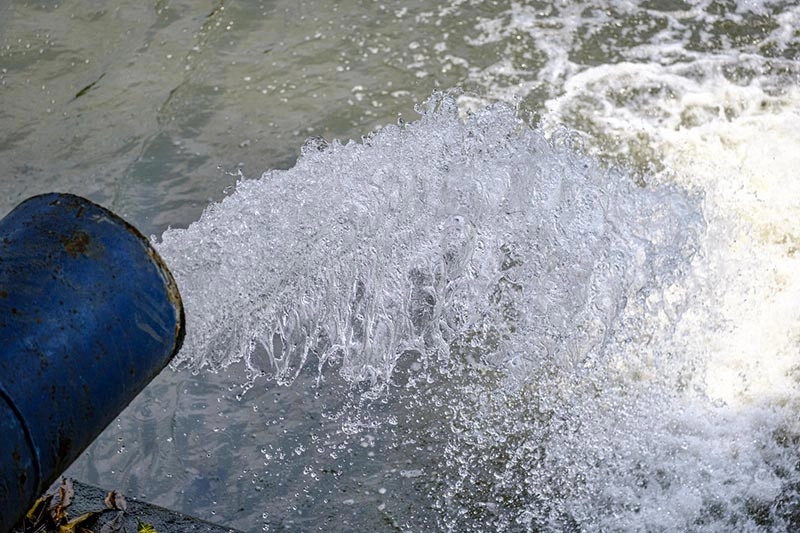
This is the most common cause worldwide because wastewater contains harmful pollutants, bacteria, or chemical contaminants that can cause serious diseases and even death. Waterborne diseases such as malaria are among the most famous diseases caused by polluted water due to the mixing of sanitary wastewater with drinking water.
Pesticides
Farmers rely on fertilizers and pesticides to protect crops from pests and harmful insects, ensuring a bountiful harvest free from pests. However, the excessive use of pesticides results in their absorption into the soil and groundwater in Saudi Arabia. This has led to the contamination of groundwater with pesticides.
Untreated waste at factories
The outputs from industrial processes are not only hazardous but also contain toxic substances such as sulfur, mercury, and others. If these factories lack proper wastewater treatment systems and are located near freshwater sources, the pollution can reach the water sources, rendering them unusable due to changes in their characteristics.
Diseases caused by water pollution
According to statistics from The Lancet journal in 2015, approximately 1.8 million people worldwide die due to water pollution. The United Nations reports that around 297,000 children under the age of 5 die each year from water-related diseases. The World Health Organization has identified that at least 2 billion people use polluted water daily. The impact of water pollution is particularly evident in low-income communities.
We will discuss in detail some diseases caused by water pollution as follows:
Malaria
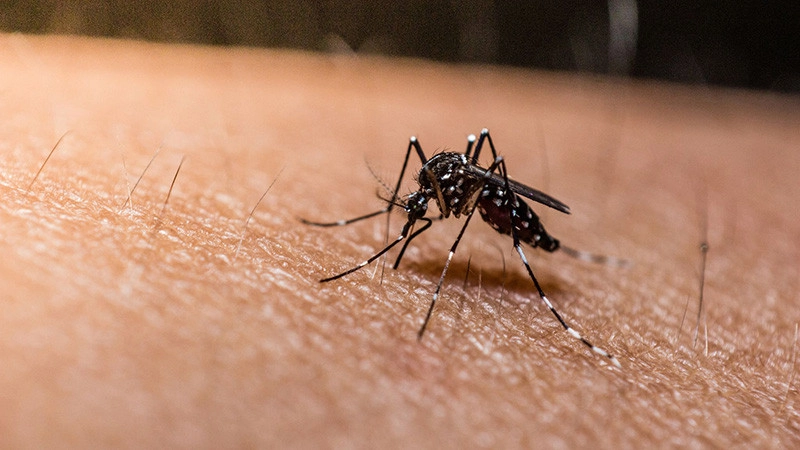
Malaria is the most common disease among waterborne diseases. Studies have shown that this disease claims the lives of about half a million people annually. The cause of this disease is the moist and polluted environment, which provides an ideal breeding ground for insects, most notably mosquitoes, which are the primary cause of this disease.
To prevent this disease or even make efforts to reduce its impact, research also suggests that caring for polluted environments and regularly cleaning them can reduce the incidence of malaria by about 42%.
Cholera
Mixing drinking water with human or animal waste leads to various diseases, with cholera being the most famous among them. There are many ways in which contaminated water can come into contact with clean water, such as sewage leaks.
Typhoid fever
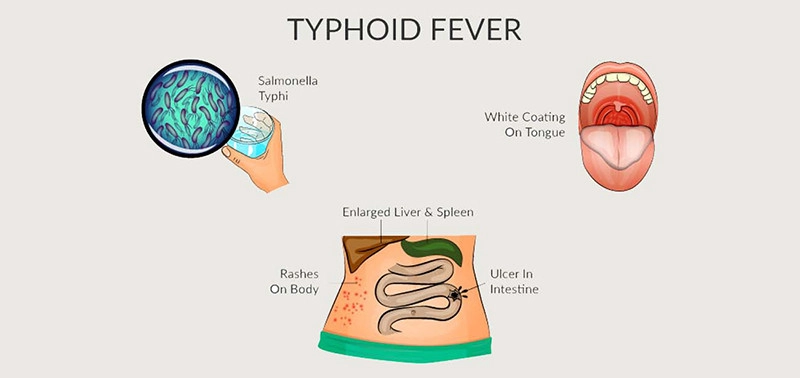
Contaminated water contains numerous bacteria and microorganisms that cause diseases in humans, such as typhoid fever, which is caused by Salmonella typhi bacteria. Studies have shown that this disease affects approximately 72 million people each year.
Conjunctivitis
The cause of conjunctivitis is the invasion of Chlamydia trachomatis bacteria, which attack and cause inflammation of the conjunctiva and cornea. The bacteria exist in the eye secretions of the infected individuals, making it easy to spread and form a contagious fluid when the hands or objects contaminated with bacteria come into contact with the eyes.
Schistosomiasis
Schistosomiasis is one of the most well-known diseases caused by water pollution. Unlike other waterborne diseases that result from drinking contaminated water, this dangerous disease is caused by a parasitic worm that swims in polluted water. Immediately after an individual bathes in this water, the worms penetrate the skin and, upon entering the body, cause severe infection and damage to internal organs.
Cancer
Polluted water sources are one of the causes of this disease. The substances present in contaminated water that have the highest cancer-causing rates include hexavalent chromium, benzene, chlorine, fluorine, arsenic, lead, dimethyl disulfide, carbon disulfide, naphthalene, trimethylbenzene, and others. These substances disrupt the DNA in the body, leading to the development of cancerous tumors.
Hepatitis
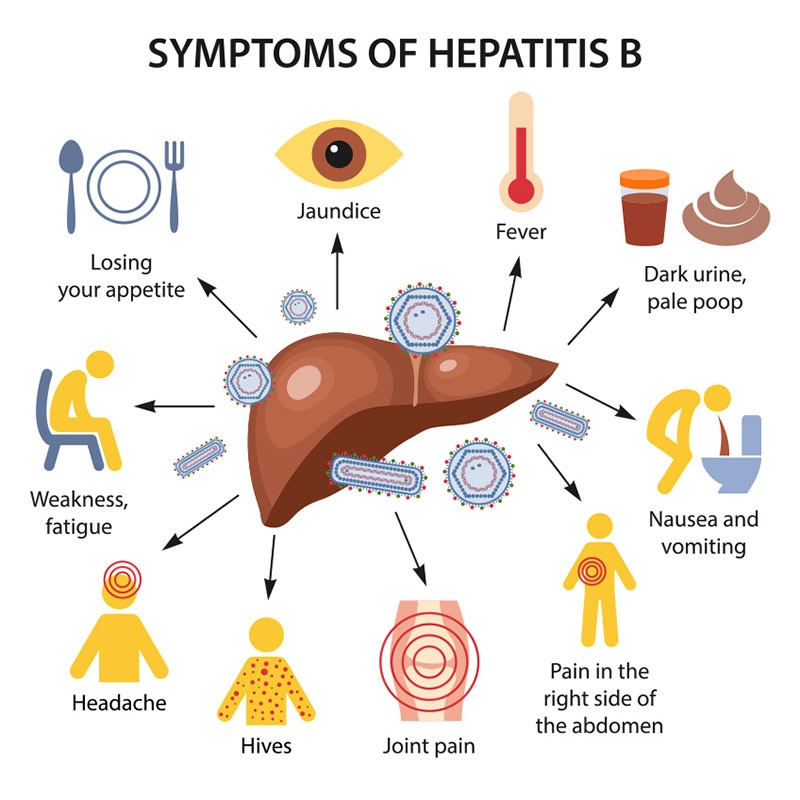
Hepatitis is one of the most common diseases caused by water pollution. An individual typically contracts the disease by drinking water contaminated with disease-causing viruses or by washing food with virus-contaminated water that they consume.
Intestinal parasite infection
Contaminated water contains various parasites and worms, including intestinal worms such as hookworms, roundworms, pinworms, and others. These worms are the leading cause of many illnesses, such as malnutrition, stunted growth, anemia, particularly in children.
Lead Poisoning
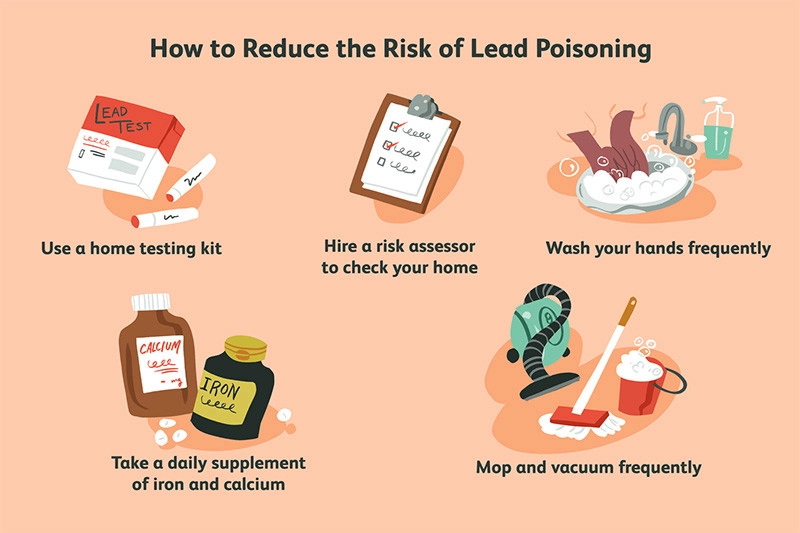
Water pollution with a large amount of lead, whether from chemicals or old water pipes, can cause lead poisoning, a disease that threatens the lives of people worldwide. The most vulnerable group to the risks posed by this disease is children, as the high influx of this metal into their bodies leads to health issues such as anemia and high blood pressure.
Fluoride Contamination
Similar to the case of lead, an increased percentage of fluoride in water leads to fluoride poisoning, negatively impacting dental and bone health. According to studies, millions of people suffer from this disease worldwide.
Polio
The main cause of this disease is the infection of the body with the poliovirus through contaminated water and feces of infected individuals, resulting in real damage to the nervous system and, in severe cases, paralysis. Polio is one of the most famous diseases that used to be widespread in the past, but nowadays, research has identified effective vaccines for this disease, and those who come into contact with it are individuals who haven't been vaccinated against polio during childhood.
Water is a vital fuel for the wheel of life, as it serves as the fundamental foundation upon which all forms are built, and without it, there is no life. Therefore, it must be preserved in every way possible. Given the current state of water pollution in Saudi Arabia specifically, and the world in general, we need to find methods to treat this polluted water source. Currently, the best way to completely eliminate harmful substances from water is to use reverse osmosis (RO) water filtration systems. Karofi is a leading water filtration brand that incorporates advanced technologies in its current products, such as RO technology, AioTec technology, SMAX technology, etc.
By reading this article, you will learn about the importance of water and its sources, the most significant reasons for water pollution, and the diseases caused by water pollution. Furthermore, you will understand its impact on health. Karofi specializes in providing state-of-the-art water filtration systems. If you are interested in Karofi's products, please contact us via WhatsApp at +84 or visit our website: Karofiglobal.com/en for direct consultation.












